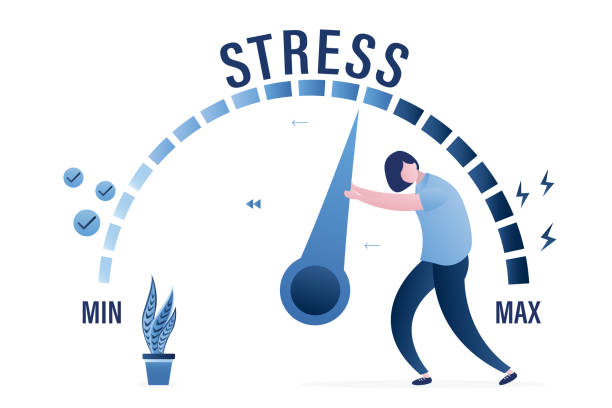In a world where mental health challenges are increasingly prevalent, regular physical activity emerges as a powerful tool to enhance emotional well-being. Exercise not only strengthens the body but also fortifies the mind, offering a natural remedy to combat stress, anxiety, and depression.
1. Elevates Mood Through Neurotransmitter Release
Engaging in physical activity stimulates the release of endorphins, often referred to as “feel-good” hormones. These neurotransmitters act as natural mood elevators, reducing stress and anxiety while promoting a sense of euphoria. Additionally, exercise increases the production of serotonin and dopamine, which are associated with mood regulation, contributing to an overall positive mental state.
2. Enhances Neuroplasticity for Better Cognitive Function
Regular physical activity has been linked to improved neuroplasticity—the brain’s ability to reorganize and adapt. This phenomenon is particularly vital in the context of mental health, as it allows the brain to form new neural connections, enhancing learning, memory, and emotional resilience. Exercise promotes the release of brain-derived neurotrophic factor (BDNF), a protein that supports the growth and differentiation of new neurons and synapses.
3. Reduces Stress and Anxiety Levels

Exercise serves as a potent stress reducer by promoting the release of endorphins and providing an outlet for accumulated tension. Engaging in physical activity, whether it’s a brisk walk, a jog, or a yoga session, offers a respite from daily stressors. Studies have shown that regular exercise can decrease sensitivity to the body’s reaction to anxiety, helping individuals manage stress more effectively.
4. Improves Sleep Quality and Duration
Adequate sleep is crucial for cognitive function, emotional resilience, and overall mental well-being. Regular exercise has been shown to enhance the quality of sleep, promoting deeper and more restorative rest. Exercise can decrease the amount of time it takes to fall asleep and reduce symptoms of insomnia, leading to improved daytime alertness and mood.
5. Boosts Self-Esteem and Confidence
Engaging in regular physical activity can contribute to an improved body image and increased self-compassion. As individuals become more active and achieve fitness goals, they often experience a boost in self-esteem and overall mental well-being. This sense of accomplishment and self-worth can translate into greater confidence in various aspects of life.
6. Provides a Natural Antidepressant Effect
Exercise has been shown to help manage symptoms of depression, with the most significant benefits being higher self-esteem, better life satisfaction, and fewer negative thoughts. Aerobic exercise, in particular, can have antidepressant effects. Regular physical activity increases levels of brain-derived neurotrophic factor (BDNF), which is responsible for learning and cell growth, thereby improving mood and cognitive function.
7. Enhances Social Interaction and Support

Participating in group exercises or team sports provides opportunities for social interaction and support. Building connections with others through physical activity can reduce feelings of loneliness and isolation. Social support is a crucial factor in maintaining mental health, and engaging in communal activities fosters a sense of belonging and community.
8. Alleviates Symptoms of PTSD and Trauma
Physical activity may be beneficial for people with post-traumatic stress disorder (PTSD), especially those who have previously struggled with treatment. Exercise can help alleviate symptoms such as depression, anxiety, sleep issues, and cardiovascular problems associated with PTSD. Regular physical activity provides a constructive outlet for processing emotions and reducing the impact of traumatic experiences.
9. Supports Long-Term Mental Health Maintenance
Consistency in physical activity is key to reaping its mental health benefits. Regular exercise contributes to long-term emotional stability and resilience. By incorporating physical activity into daily routines, individuals can maintain mental well-being and reduce the risk of developing mental health disorders. Exercise serves as a proactive approach to mental health maintenance, promoting overall well-being.
Conclusion
Incorporating regular exercise into daily life offers a multitude of mental health benefits, from reducing stress and anxiety to enhancing cognitive function and emotional resilience. Whether it’s a brisk walk, a yoga session, or a team sport, physical activity provides a natural and effective way to boost mental well-being. Embracing an active lifestyle not only strengthens the body but also nurtures the mind, paving the way for a healthier, happier life.



